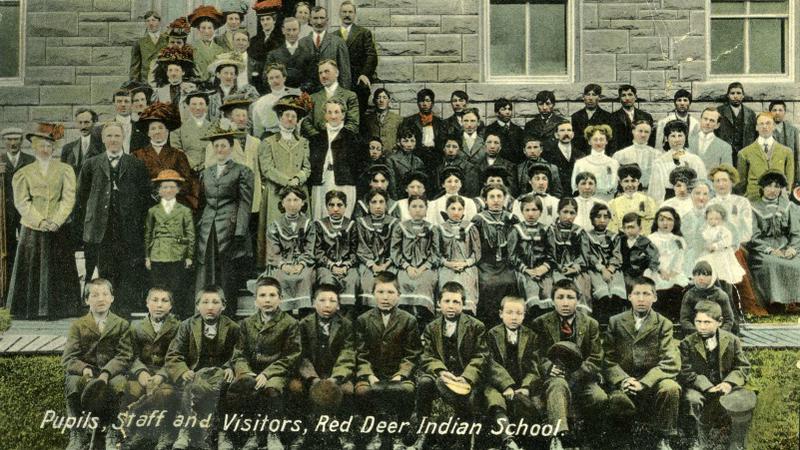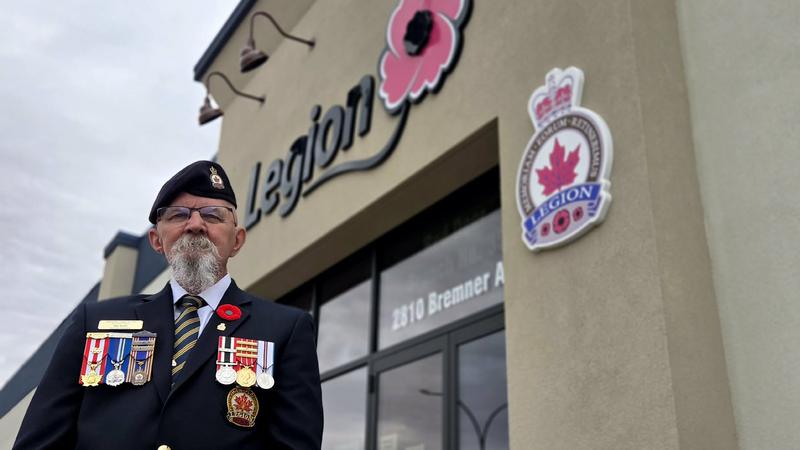
Red Deer Indigenous voices: Kamloops discovery only the first domino
The co-founder of Red Deer-based Remembering the Children Society, says the country will repeatedly relive the pain experienced this week following the discovery of 215 childrens’ bodies at a former residential school site in Kamloops, B.C.
Lyle Keewatin Richards says it’s an inevitability that thousands more will be found across the country which was once home to around 140 such schools.
That includes in Red Deer, where a residential school operated from 1893 to 1919. He says 42 bodies have historically been accounted for from a graveyard at its former location, but missing records for 1915-1919 mean there are likely many more yet to be unearthed.
Red Deer should be at or near the front of the line, he says, once the province begins doling out money announced this week to conduct recoveries at Alberta’s 25+ former residential school sites.


